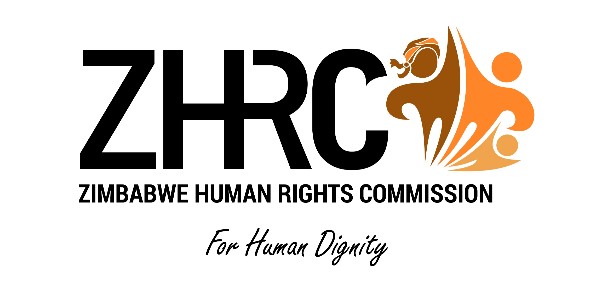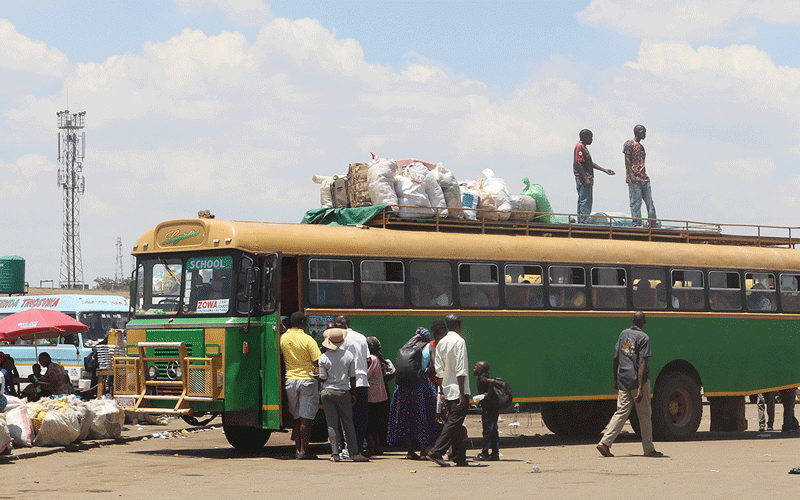
BY JAMES MUONWA
THE Zimbabwe Human Rights Commission (ZHRC) has noted that a significant number of children born to alien parents are undocumented, thereby hindering their enjoyment of fundamental rights such as education and health.
Speaking at a Press briefing at Chinhoyi University of Technology yesterday, ZHRC deputy chairperson Ellen Sithole said accessing national documents such as birth certificates was a huge challenge countrywide, affecting many people, particularly in mining and farming communities.
“Access to documentation is a fundamental human right guaranteed by the Constitution of Zimbabwe which facilitates the enjoyment of other human rights,” she said.
“Lack of access to birth certificates by a significant part of our population is of great concern to the commission from a human rights perspective.”
Sithole said main personal documents which people were failing to get in Mashonaland West province were birth certificates, citizenships, identity cards, and to a lesser extent, passports and death certificates.
She highlighted that challenges in getting birth certificates affected mainly children, but were also experienced by adults of foreign descent.
Sithole said there was a significant population of children, born to parents originally from Mozambique, Zambia and Malawi with alien status, who did not have birth certificates. “Most of the children born to parents with this status do not have birth certificates or any other documents.”
- Chamisa under fire over US$120K donation
- Mavhunga puts DeMbare into Chibuku quarterfinals
- Pension funds bet on Cabora Bassa oilfields
- Councils defy govt fire tender directive
Keep Reading
Added Sithole: “Birth registration is documentary proof of nationality. The importance of nationality is to prevent statelessness. Therefore, a person who is not registered does not legally exist, is not officially recognised as a citizen of the country and runs a substantial risk of falling outside the reach of government’s protective measures towards him or her.” She reiterated that undocumented people find it difficult to access basic human rights such as health, education, social protection, housing, travel documents and political rights.
In Mashonaland West, other reasons hindering easy access to personal particulars were the cumbersome requirements at the Registrar-General’s office, inaccessibility of registration centres due to exorbitant transport costs, lack of access to birth records, unavailability of witnesses to authenticate births or paternity and lack of knowledge on the importance of the documents.
The ZHRC was in Chinhoyi conducting an inquiry on access to documentation in Zimbabwe. Similar exercises have been held in eight other provinces.











